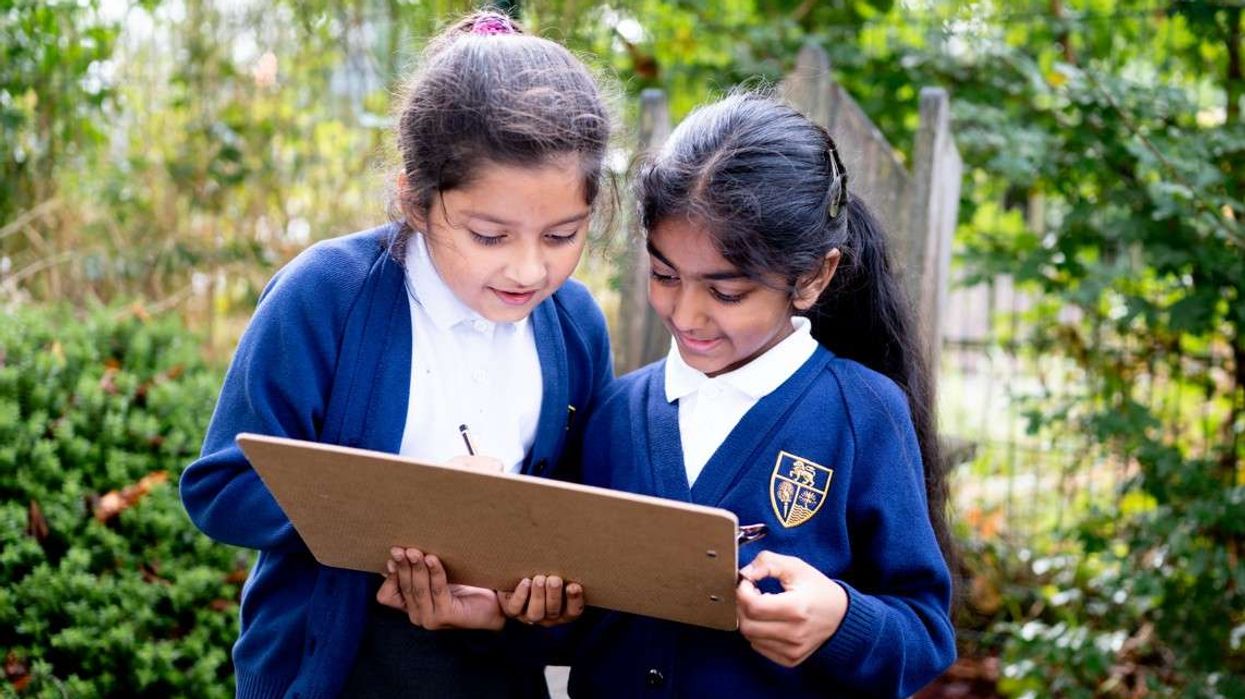By Nadeem Badshah
FEWER British Asian teenagers are going to university, with opposition MPs and business leaders warning that students are being put off by rising debt levels.
The tradition in many Asian families of children getting a degree appears to be changing, with new government figures showing that 73 per cent of people of Indian origin went into higher education in 2017-2018, compared to 81 per cent in 2014-2015.
The figure was 65 per cent for youngsters of Pakistani heritage compared with 76 per cent over the same period, while 68 per cent of British Bangladeshis went into further education according to the latest figures, indicating a drop of 11 per cent.
Instead, more British Asians are going into employment at the age of 18, the Department for Education data showed. The figure was 10 per cent for British Indians, compared to eight per cent in 2014-2015; 12 per cent among those of Pakistani heritage compared to nine per cent previously; and 12 per cent for UK Bangladeshis, an increase of three per cent over the same period.
Labour MP and shadow cabinet minister Khalid Mahmood said university tuition fees, which are up to £9,250 per year, “are absolutely horrific”.
He told Eastern Eye: “A lot of these youngsters are from deprived family backgrounds. They will be running up debts and may find it difficult to get the job they want and pay it off.
“If you want to buy a home and get married, it [debt] will make it difficult for them. It’s why they choose to go into employment, instead of (taking up) apprenticeships.
“In Birmingham, over the past four decades in the nine inner-city wards, there is three times more unemployment than the outer wards. It shows the deprivation in these areas.
“There needs to be institutional correction as the Black Lives Matter movement has highlighted – higher living standards, greater employment opportunities, and a better start earlier through the [government’s] Sure Start Children’s Centres.”
The figures, published in July, also revealed that students from Chinese and Indian backgrounds were the most likely out of all the ethnic groups to go into education, apprenticeships or employment.
Jaffer Kapasi, director of the East Midlands Chamber of Commerce, said fewer British Asians choosing further education may be down to some opting to study abroad or go into business.
He told Eastern Eye: “Over a number of years university fees have gone up from £9,000 to £12,000, and with accommodation costs involved a student comes out of university with a huge debt of over £40,000.
“Education is a must for many Asian children, so they have opted for an online university degree.
“A number of students have opted to study in the universities that provide easy access to their institutions, while some even go back to India or Australia – [countries] that provide a high-quality private education at much reduced costs compared to the UK.
“And some students opt for joining the professions – say accountancy – without a degree qualification, and join their family businesses or set up new business with support from their family members and peers.”
Layla Moran, the Liberal Democrat education spokesperson, called on the government to do more to make sure no child misses out on educational opportunities because of their background.
She said: “These figures reveal a worrying trend. I urge ministers to launch a review to understand the reasons why the percentage of young BAME people heading to university has declined.
“This needs to sit alongside rapid action to tackle systemic inequality and injustice across our education system and society more widely.”
Prime minister Boris Johnson recently announced that all young people would have the opportunity of an apprenticeship or in-work placement.
It comes after education secretary Gavin Williamson scrapped former prime minister Tony Blair’s target of having half of young people in higher education.
Williamson last month said there was an “inbuilt snobbishness” about those who went into vocational training like apprenticeships rather than going to university.
Blair had said in 1999 that 50 per cent of young people should obtain degrees or their equivalent, and this target was finally achieved in 2019.
Williamson said: “I don’t accept this absurd mantra, that if you are not part of the 50 per cent of young people who go to university that you have somehow come up short.
“There is a snobbishness about higher being better than further, when they are just different paths to fulfilling employment.”












